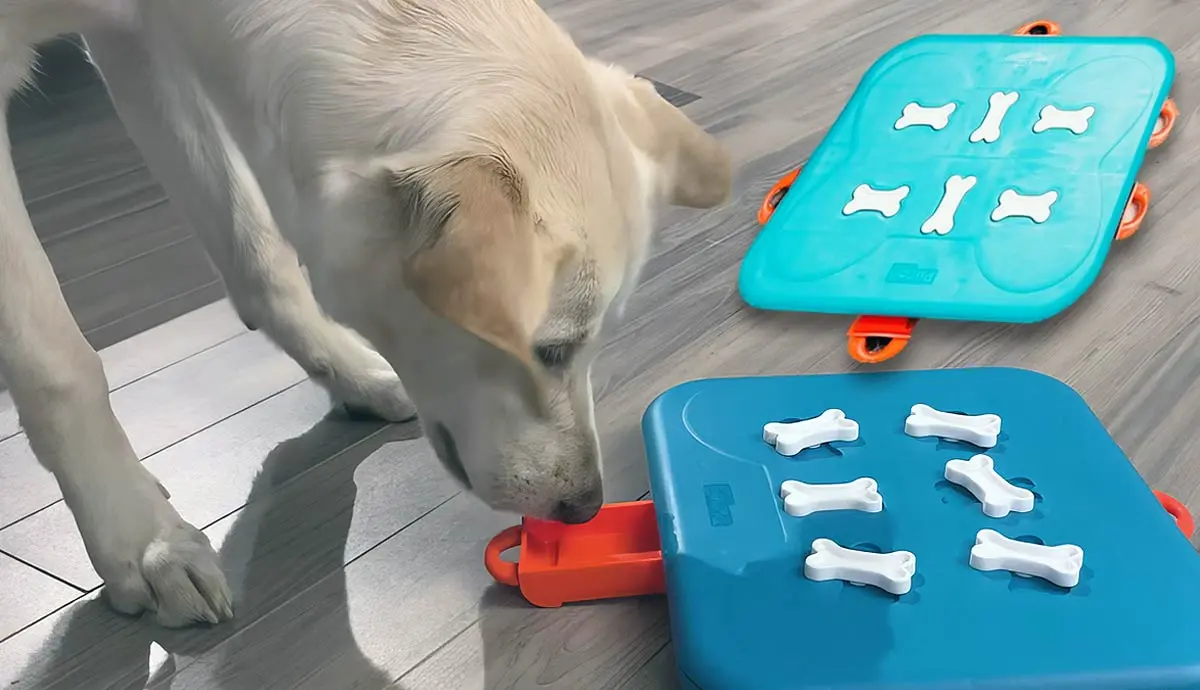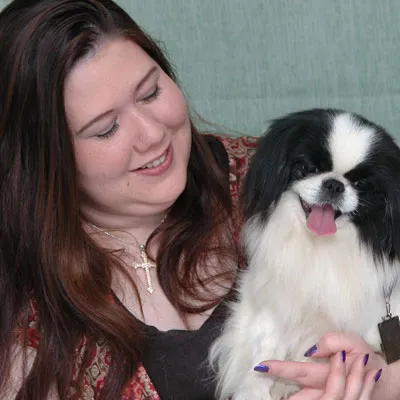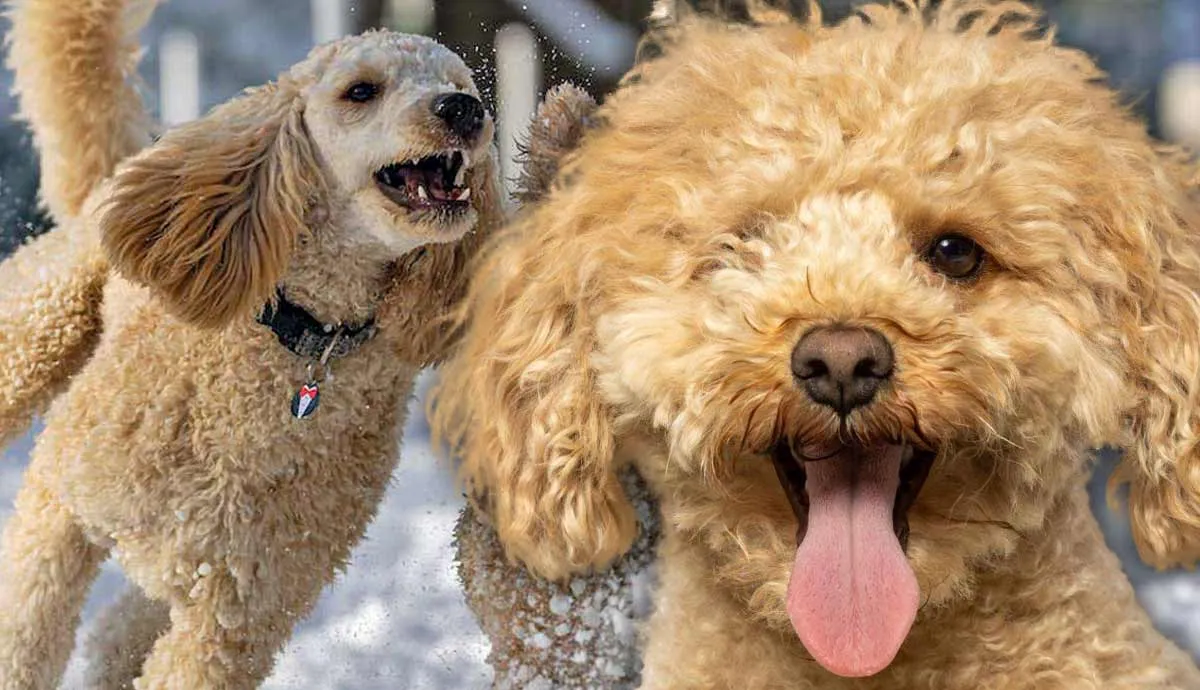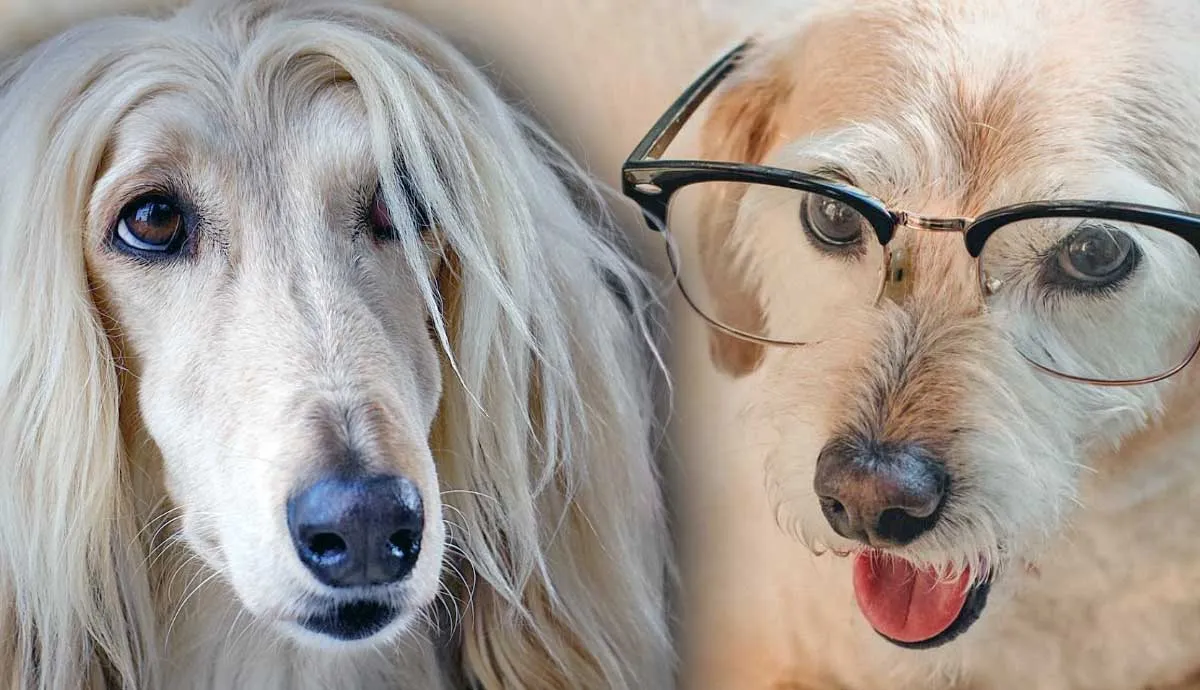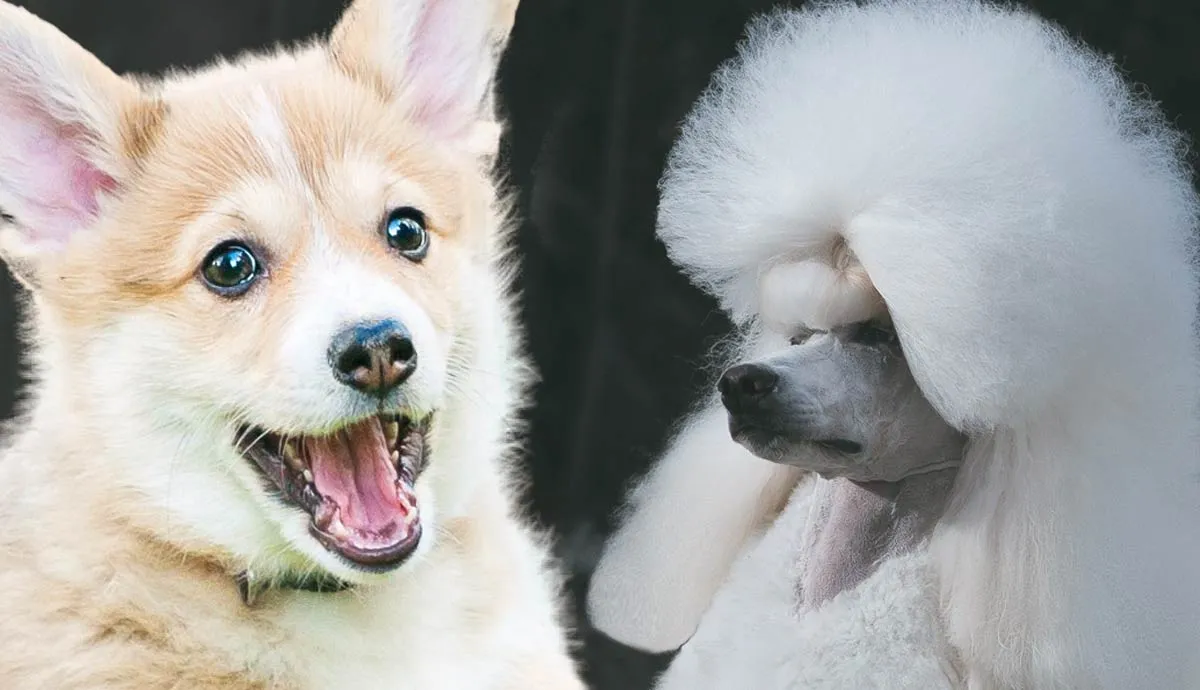Is it possible to help your dog be as smart as possible? Researchers have spent many hours assessing dogs of all different breeds, including mixed breeds, to determine if a dog’s intelligence is inherited or if their intelligence can be influenced by outside factors. A dog’s intelligence is affected by several things including genetics, nutrition, socialization, training, and environment.
Dog Breeds’ Intelligence is Genetic

Certain dog breeds are more intelligent than others. Border Collies, for instance, far out-rank Shih Tzu when it comes to intelligence. That does not mean there are exceptions such as a Border Collie that is not as receptive to training or a Shih Tzu that excels in obedience.
Ranking dog breeds’ intelligence is not an exact science, but three factors are usually measured to determine if a breed is predisposed to be smart or able to learn quickly. Those three factors were developed by Professor Stanley Coren and laid out in his book “The Intelligence of Dogs” and are instinctive, adaptive, and working and obedience.
Dogs’ Nutrition is Important for Brainpower

Just like people, dogs need a balanced diet. Their bodies and brains must have a well-rounded diet filled with high-quality ingredients. Whether feeding a raw diet or a commercial dog kibble, ensuring the ingredients do not include a lot of fillers and the protein-to-fat ratio is balanced is very important.
Dogs that are not fed a quality diet will not be able to fully reach their potential or focus on the simplest of tasks. Feeding a balanced diet will boost your dog’s brainpower and they will be able to focus and learn tasks quicker. They will also have more stamina for longer training sessions.
Socialization Helps Dogs’ Improve Intelligence

Being pack animals, dogs need to spend time socializing and exercising with other dogs and other people. Whether you have a multi-dog household or have neighbors with dogs, playtime gives your dog plenty of exercise, stimulation, and socialization.
Going on adventures to new places such as hiking in a park, visiting a pet store, or playing on an agility course, dogs need the stimulation and socialization that new experiences offer. Dogs that sit at home without ever going places except to see the vet or the groomer are not challenged to step outside their comfort zone. Meeting new people and animals helps dogs work their brains and be more receptive to training and learning new things.
Training Does Improve a Dog’s Intelligence
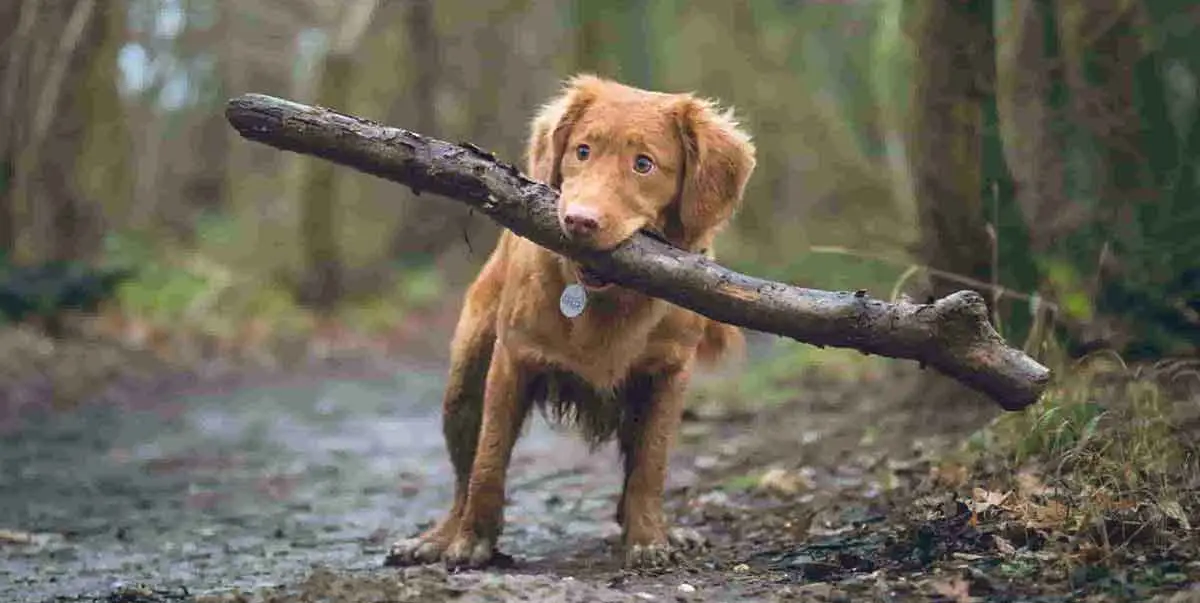
Dogs may have a natural ability to learn new things, but without formal training, they will never be fully obedient. Owners must be willing to put a lot of work into training their dogs, it does not happen overnight, and it most certainly does not happen without effort. You can choose a dog breed known for its intelligence, feed the right diet, and socialize them but without formal training, a dog will not meet its full potential or showcase its intelligence.
There is not a single proven training method that works best for every dog, instead, there are several different training techniques that work for specific dog personalities. It is your job to discover which training method is right for your dog. However, there are a few things that are a given no matter what technique you are using.
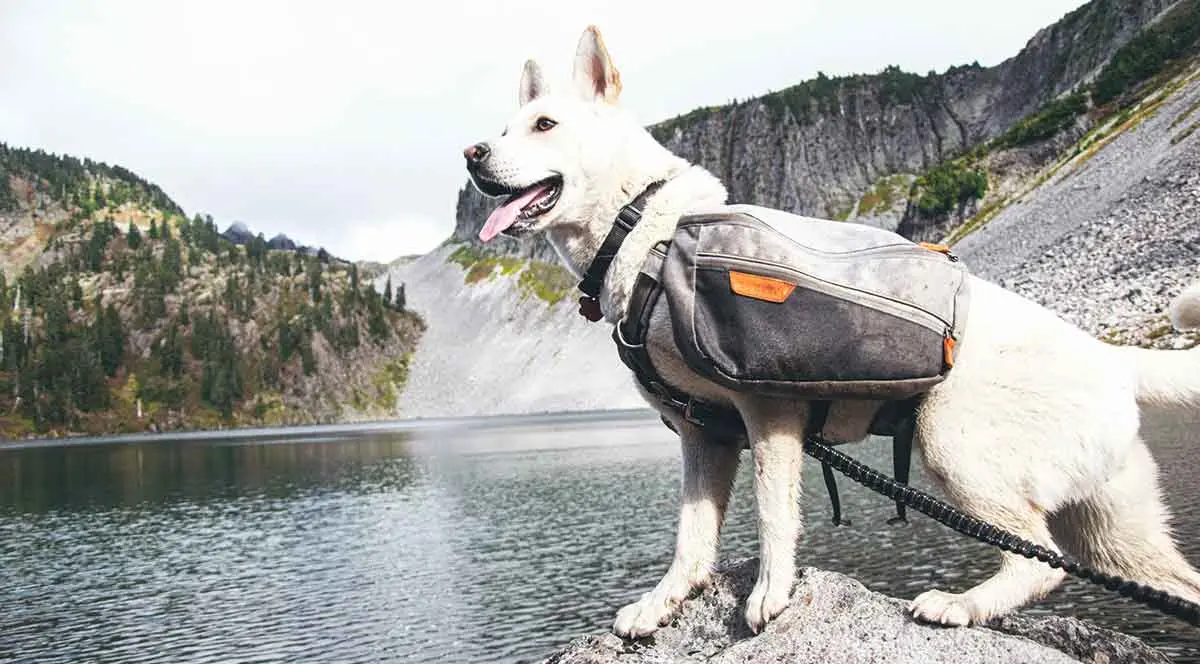
- Consistency: Be consistent with your training, this will help your dog know what is expected of them and be more willing to want to please you. Pick one method or technique and one training tool to keep from confusing your dog.
- Prevention: Preventing undesirable behavior is important when training your dog. Do not wait for your dog to make a mistake, be proactive and be prepared when training. Put locks on the garbage cans to keep them out of them, use pet or baby gates to limit access to certain rooms, and make their leash a welcome sight rather than a punishment.
- Reward system: Most dogs respond well to the reward system. Use commercial dog treats, small pieces of cheese, or other tasty morsels. Toys and playtime are another great reward for ending a training session. Once you have a specific treat or toy that works best for training only use that treat or toy during training.
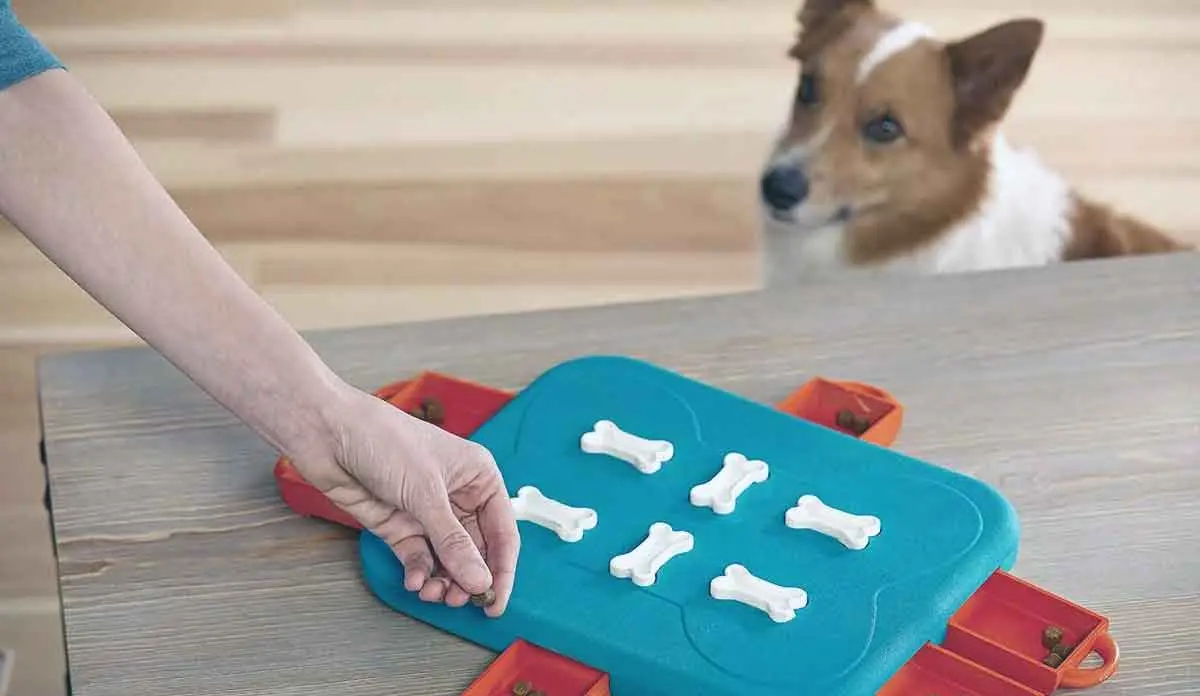
- Daily challenges: You want your dog to reach their full potential and if you happen to stop training once they have learned their basics, they will become bored. Challenge your dog each day with something new such as working on a new trick, using a puzzle toy or snuffle mat, or participating in a dog sport. The American Kennel Club (AKC) and the United Kennel Club (UKC) offer several dog sports.
- Short training sessions: Most dogs have a hard time focusing for long periods. You always want to keep training sessions short, usually not longer than 30 minutes but 10 to 15 minutes is best. You will also want to focus on one or two things at a time, so your dog does not get confused or frustrated.
- Positive ending: Always end a training session on a positive note. If you notice you are getting frustrated or your dog is starting to lose focus, give them a few easy commands that they know such as sit or down, and then praise them for getting those commands right. This gives your dog something positive and they get to end their training feeling like they did something to earn their reward.
Environment Can Improve a Dog’s Intelligence

Dogs that spend their days lounging on the couch or in their plush dog bed and are not challenged to work or learn something new will not be as intelligent as dogs that are in a home filled with games, puzzles, training sessions, and fun outings.
Sometimes our lives can become so hectic that we do not have the time to spend hours with our four-legged companions and leave them to entertain themselves. This is not the best home life for a dog, they need socialization and stimulation, plenty of exercise, and they also need a job to do so they are working their minds.
Several factors make your dog into an intelligent companion; two of the biggest factors aside from genetics are training and environment. Pick the right training technique that will work best for your dog and keep sessions short and upbeat. Also, spend time each day encouraging your dog to use their mind by playing games, offering puzzles, or participating in dog sports. It takes commitment and effort on your part to improve your dog’s intelligence.
